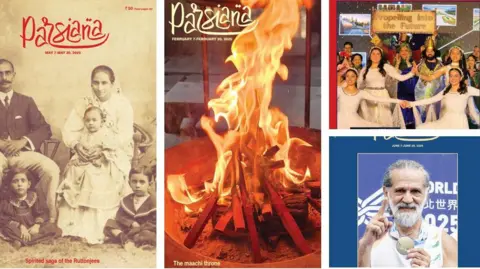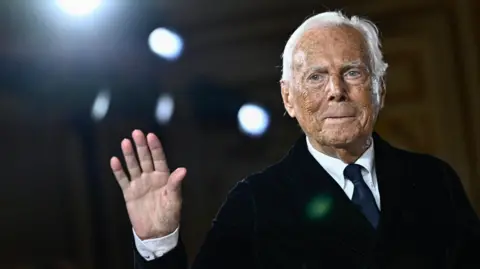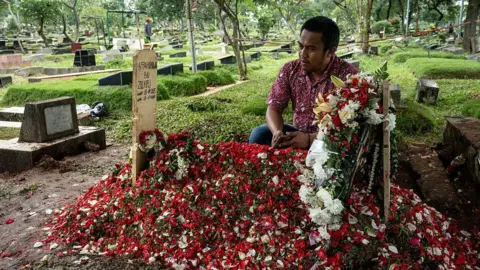Pope Francis, the first pontiff to hail from Latin America, passed away on Monday at the age of 88 after suffering a stroke, prompting an outpouring of grief and tribute from Catholics and leaders worldwide. His death came as a surprise, occurring just one day after he blessed the faithful from his wheelchair during Easter celebrations in St. Peter's Square. The Vatican announced the cause of death as a cerebral stroke that led to a coma and cardiovascular collapse.
World leaders expressed their condolences, acknowledging Francis’ dedication to issues such as migration and poverty. Among them, former President Donald Trump indicated he would be attending the pope's funeral, despite their conflicting views on immigration policies. Trump's message included a brief sentiment along with a promise of solidarity with the pope's legacy of compassion for the marginalized.
In a statement released early on Monday, the Vatican announced, “At 7:35 this morning, the Bishop of Rome, Francis, returned to the house of the Father.” Cardinal Kevin Farrell, of Irish descent, will assume the role of de facto administrator until a new pope is elected, a critical decision point for the Church as it balances tradition with the more progressive approach Francis championed.
Francis will be remembered as a figure who transformed the papacy through his commitment to inclusive practices and vocal support for the disenfranchised. In his final address, he engaged with themes of migration, emphasizing inherent human dignity, a stance that fostered both admiration and criticism across the globe. His will requested a simple burial, with only his name—"Franciscus"—inscribed upon the tomb, exemplifying his lifelong advocacy for humility.
Reactions to his passing have varied by region. Latin Americans, in particular, reflect on their connection to a pope they consider one of their own. In places like Nicaragua, where church repression has sadly become a norm, individuals recalled how Francis denounced authoritarianism and stood by the oppressed. Others noted his role in elevating discussions around climate change, indigenous rights, and LGBTQ+ acceptance, marking significant deviations from traditional Catholic doctrine.
Communities across the globe, from Venezuela to Argentina, united in mourning, gathering in churches to light candles and share stories of personal connections to the pope. Amidst this collective grief, many grapple with the future: who will lead the Church forward and whether that successor will continue Francis' legacy of compassion and inclusivity? As the world awaits the Vatican's proceedings for selecting the next pope, the impact of Pope Francis’s teachings resonate deeply, challenging leaders and followers alike to reflect on their commitment to human dignity and social justice.
As the College of Cardinals prepares to convene in the coming weeks, they face the pivotal task of determining the next direction for an institution profoundly shaped by Francis’ groundbreaking papacy during his years at the helm.






















